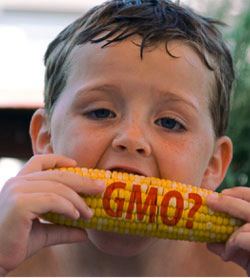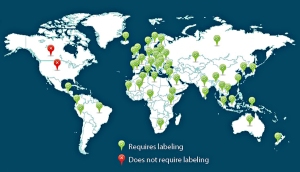Chapter 7: Risk- Free
The article I chose from the New York Times is titled “Fears, Not Facts, Support G.M.O-Free Food” written by Jane Brody. Brody talks about the facts that go into GMO’s along with the pros and cons. I feel as though that Brody is not taking a side on GMO’s but simply stating facts. For example she discusses genetically modified Golden Rice and how it can be a beneficial but also harmful. Brody states that Golden rice is enhanced to be rich in beta-carotene, which is a precursor for vitamin A will help counter vitamin A deficiency which can cause blindness. On the other hand there is another gene inserted into the rice that increases iron to fight iron-deficiency anemia.
Another valid point that Brody brought up was that the issue with GMO is poor public understanding about the science behind GMO’s. Brody states that we need to look at what GMO’s mean and look at their potential good rather than just look at their harmful possibilities. I think this a great point because I feel like people are more scared of the outcomes of GMO’s and fear them rather than looking at the beneficial aspect of it. It is indeed true that there is a potential for GMO’s to be harmful in the long run but at the same time, what isn’t harmful to us in our environment?
Generally, I think Jane Brody did a great job getting the facts across that there are pros and cons of GMO’s. People should not be afraid of the outcomes and look at the benefits alongside with the drawbacks of GMO’s. Brody also declares that there are obviously going to be risks that scientists have yet to consider or discover but that there is nothing in life that is risk-free so why not take the risk now? There is nothing in our environment now, whether its food or products, that is going to be 100% safe.
References:
http://well.blogs.nytimes.com/2015/06/08/fears-not-facts-support-gmo-free-food/?ref=topics&_r=1




